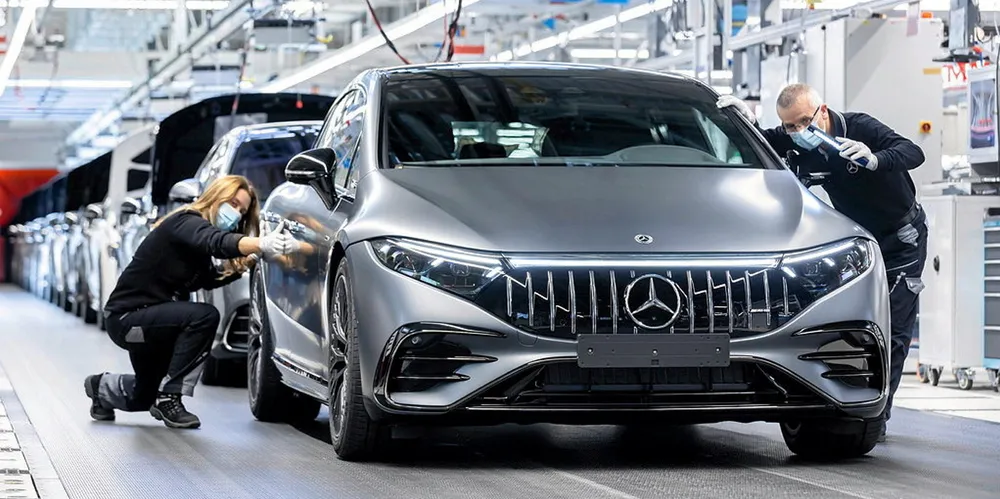Make 24/7 renewable power next big green leap, corporate giants urged
Likes of Google, Mercedes-Benz and Microsoft starting to look seriously at round-the-clock procurement, industry event told

Likes of Google, Mercedes-Benz and Microsoft starting to look seriously at round-the-clock procurement, industry event told
